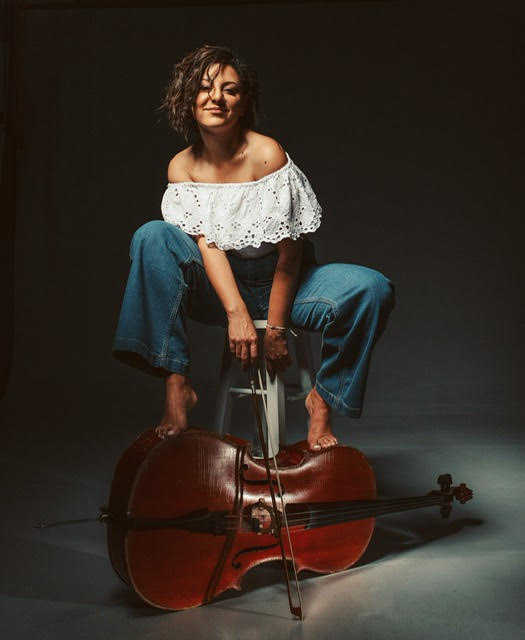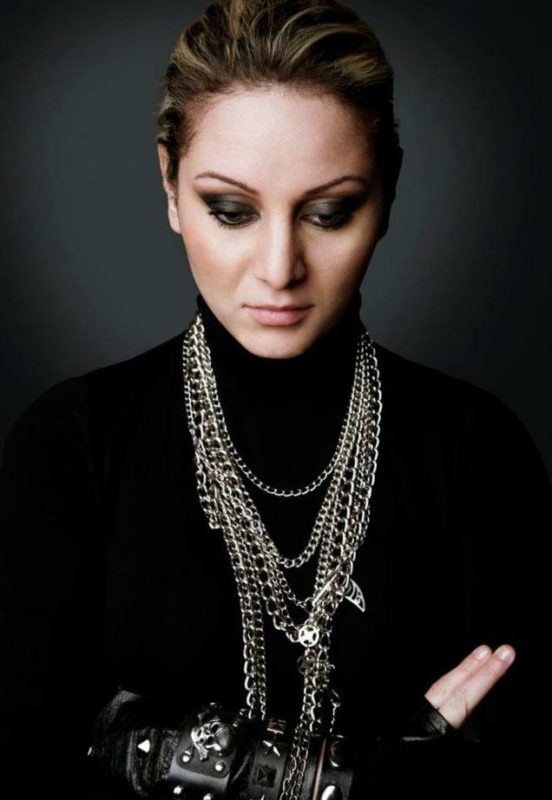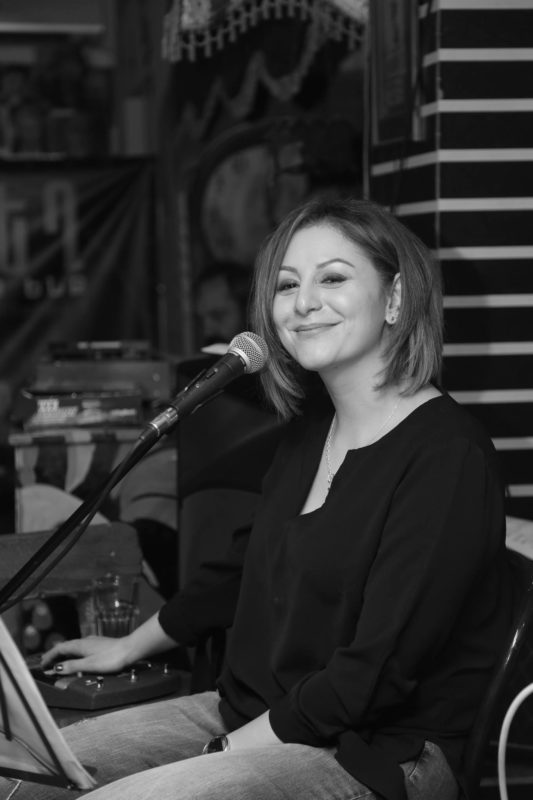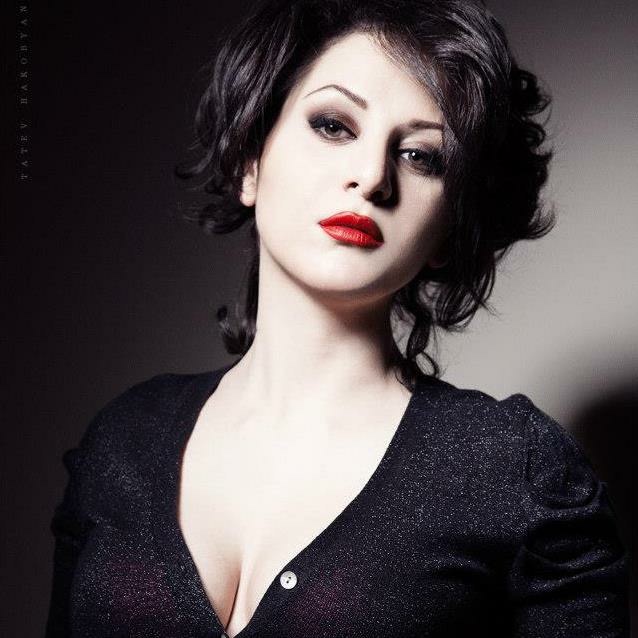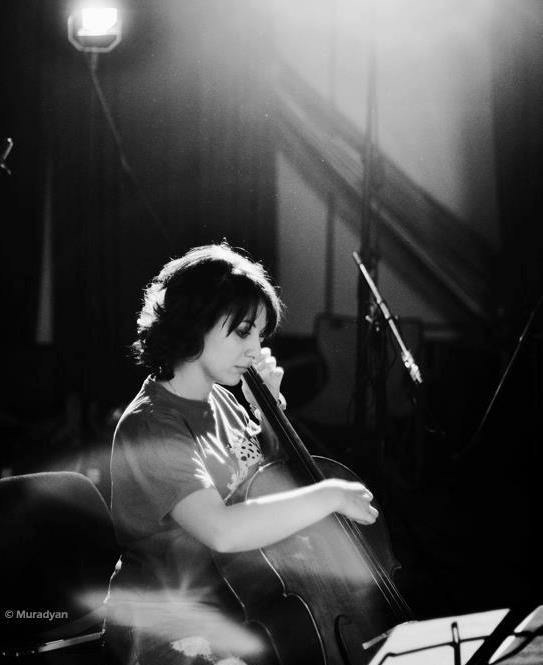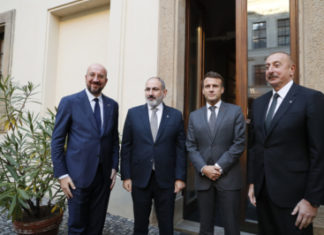ATLANTA – “Anything is possible: I might end up in Broadway! I never limit myself,” laughs Arpenik Hakobyan while having her big cup of decaf (it’s late afternoon in Atlanta, GA). That makes me feel relieved to drink my tea without any awkwardness on the other side of the screen (it’s gloomy in Los Angeles and I still feel sore after my Covid-19 vaccine).
Very recently NPR broadcasted Arpenik’s own song, Together with Me, for a whole week in its World Music segment. Right before the pandemic started, Arpenik signed her contract with Cirque Du Soleil for a new show. In 2019 she released her first CD. And as if this wasn’t enough on her list of accomplishments to discuss, just days ago she became a US citizen, gaining freedom of movement as an artist. “I have a nice career that a lot of musicians would look forward to, but if it wasn’t possible for me to be able to live in the US, I couldn’t pursue my career as a musician,” Arpenik exclaimed frankly.
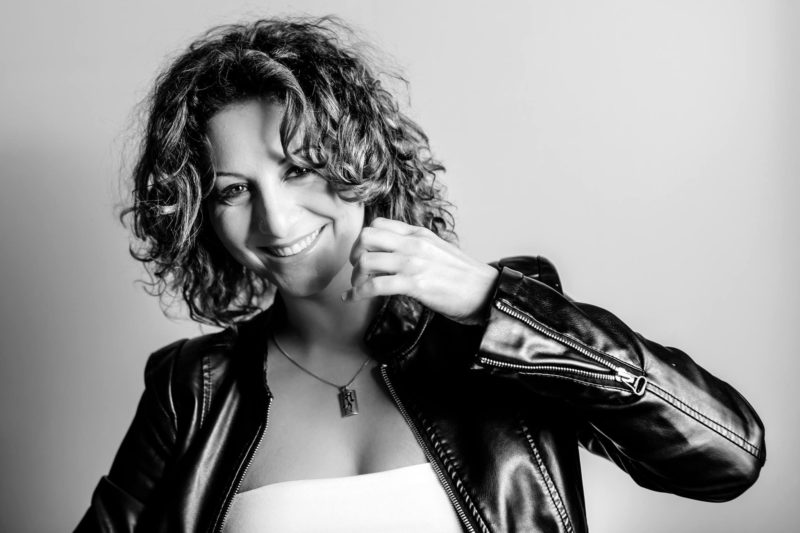
Arpenik started auditioning for Cirque Du Soleil in 2016: it was a dream job, but it wasn’t her time yet. Someone else was accepted at that time. Then in 2018 Cirque Du Soleil approached Arpenik with a proposal for another show. But this time she was busy with her own concerts. Finally, in 2019 she was able to join the world-famous crew and perform in front of audiences of many thousands.
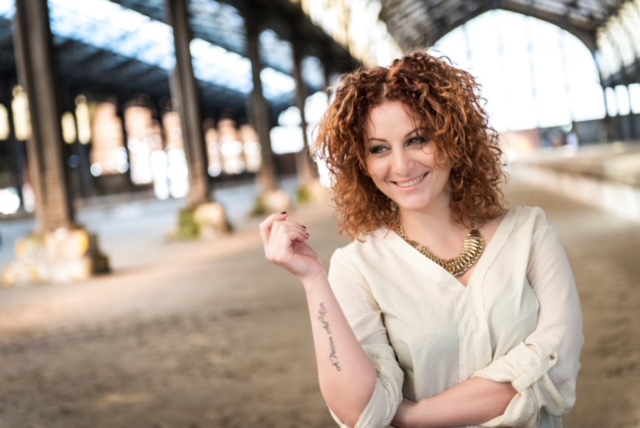
“They reached out to me saying that I was the perfect candidate for the new show. It all happened in five days,” Arpenik remembers. She even created a brand-new song specifically for the audition — Sweet Dreams. In 2020, Arpenik auditioned for a new show called Under the Same Sky, which didn’t premiere because of the pandemic.
Cello, precaution and singing: Arpenik has the entire skillset for the job. She said, “In Cirque Du Soleil you have to be a multi-instrumentalist. Also, there is acting; there could be a dance… You have to be a flexible person to work there. That’s the profile of the job, and I perfectly fit that profile. I love it. I always wanted to be that way.”
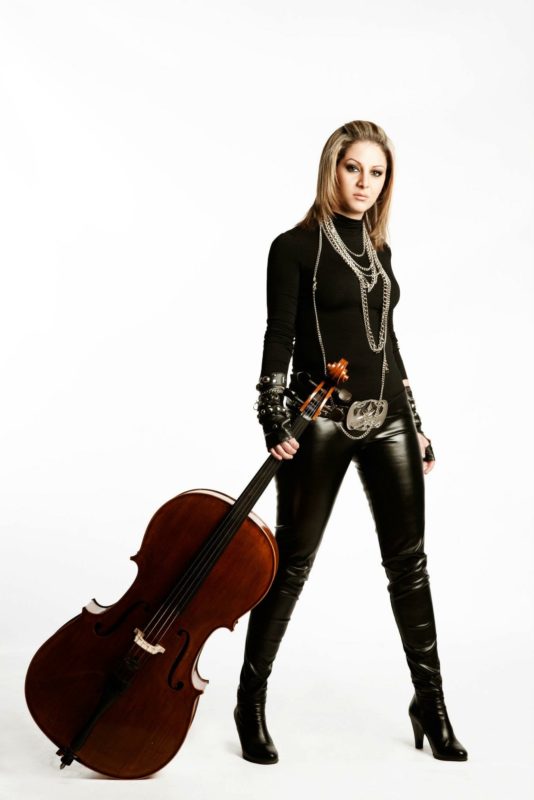
Despite her choice to pursue a non-traditional career as a cello musician, Arpenik’s professional background lies in classical music. She started her musical education in Armenia first in the Sargis Aslamazyan Music School No. 1 and then with the famous professor Medea Abrahamyan. She continued her higher education in the Yerevan State University of Theatre and Cinematography and later on studied in Belgium and the US.



